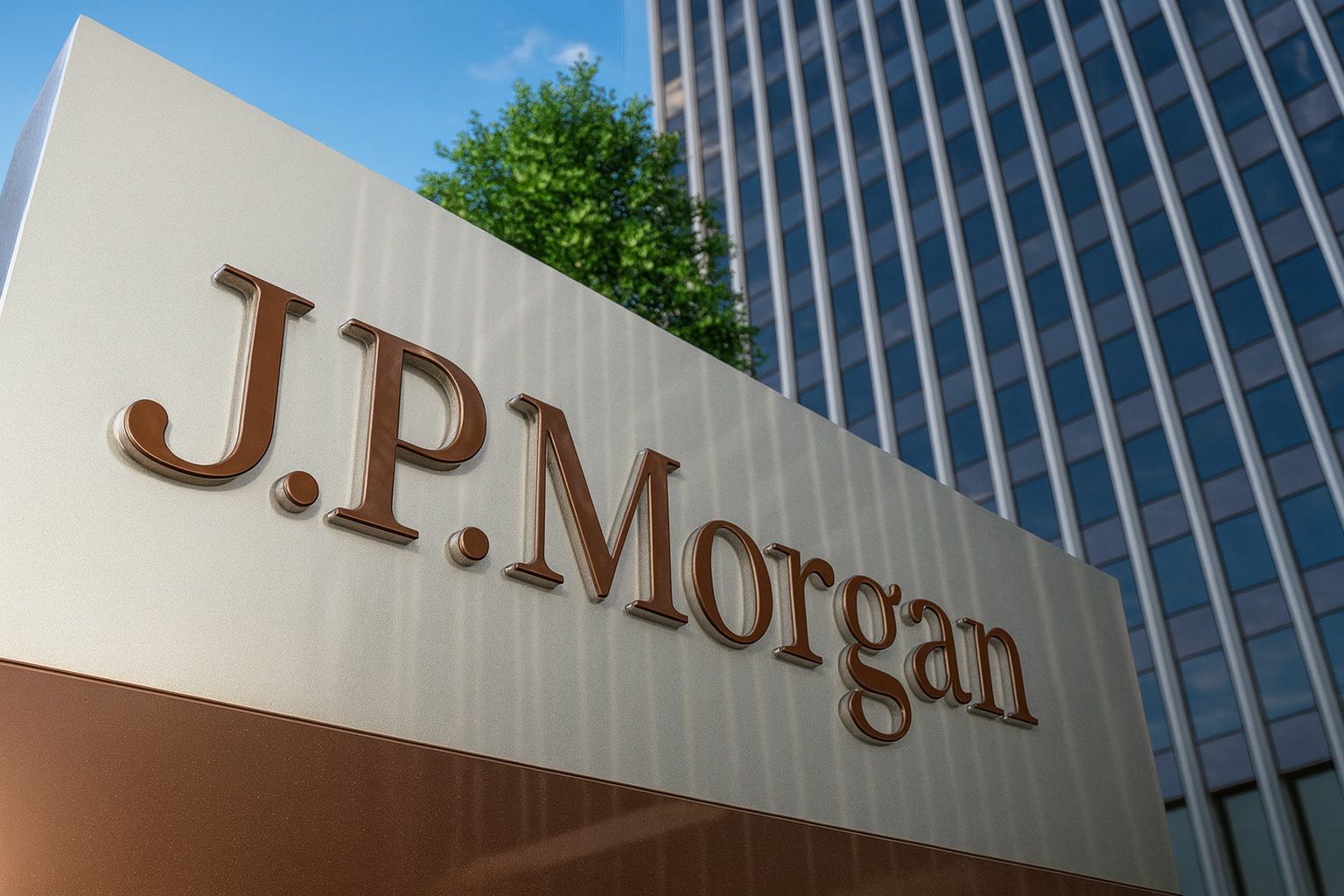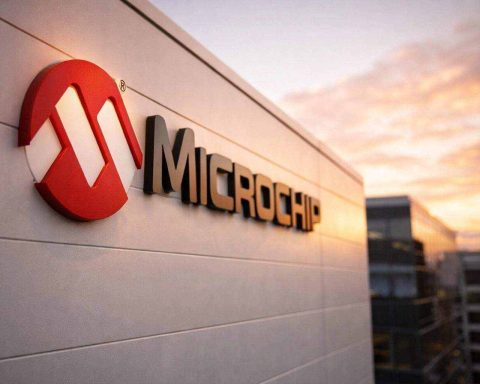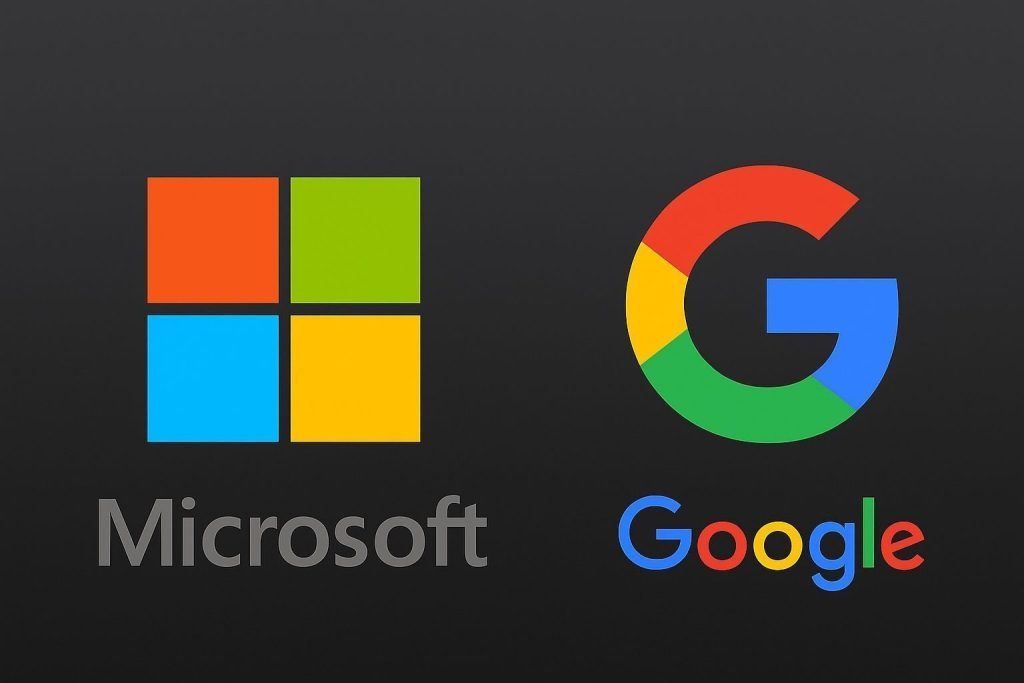Dateline: New York — November 7, 2025. JPMorgan Chase & Co. (NYSE: JPM) featured prominently in Friday’s news cycle, filing its quarterly holdings report, expanding a long‑running data‑access partnership, and facing a record anti‑money‑laundering penalty in Germany. Below is a concise roundup of what changed today and why it matters to investors, customers, and the broader market.
1) Fresh 13F: What JPMorgan disclosed about Q3 holdings
JPMorgan filed its Form 13F-HR for the quarter ended September 30, 2025. The filing lists 32,847 positions with an aggregate 13F value of ~$1.669 trillion, and was signed by Michael T. Lees on November 7, 2025. These headline figures confirm the firm’s vast discretionary equity footprint across asset management and affiliated entities. 1
Bitcoin ETF position jumped
Separate coverage of the filing shows JPMorgan disclosed 5,284,190 shares of BlackRock’s iShares Bitcoin Trust (IBIT) as of Sept. 30, up 64% from the prior quarter (about $343.5 million at quarter‑end values). The move underscores continued institutional adoption of spot bitcoin ETFs through brokerage and wealth channels. 2
Context: The 13F is a backward‑looking snapshot; it does not guarantee current holdings. Still, it’s the most authoritative public look at quarter‑end positions and shifts. 1
2) Open‑banking momentum: Yodlee & JPMorgan widen data‑access pact
Yodlee announced it has amended and expanded its two‑decade data‑access agreement with JPMorgan Chase. The updated pact includes mutual commitments and a pricing structure tied to secure, consented data sharing—an incremental step in the bank’s push to shape U.S. open finance standards and improve connectivity for consumers and fintechs. 3
Why this matters: JPMorgan has spent years standardizing API connections and tightening third‑party data access. In July, reporting indicated the bank was moving toward charging certain fintechs for access to customer account data—another sign that the economics of aggregation are evolving alongside security expectations. Today’s Yodlee update fits that arc. 4
3) Compliance headwinds: BaFin hits JPMorgan SE with record fine
Germany’s financial regulator BaFin levied a €45 million (~$52.5 million) fine on JPMorgan SE (Frankfurt)—its largest AML penalty to date—after finding the bank “systematically” filed suspicious‑activity reports late from October 2021 through September 2022. JPMorgan said the matter relates to historical findings and that the timing of the reports did not impede investigations, adding it remains committed to robust AML controls. 5
European growth context: Even as it faces the penalty, JPMorgan has been expanding in Germany and recently said it plans to launch its Chase digital retail bank there in Q2 next year, intensifying competition in Europe’s largest economy. 5
4) Macro backdrop: Record U.S. shutdown and JPMorgan’s take
The U.S. government shutdown this week eclipsed the prior modern record, surpassing the 2018–19 mark as it continued into November. The prolonged lapse is disrupting economic data releases and federal operations, with downstream effects for markets and planning. 6
JPMorgan’s research team weighed in today with fresh content, including a podcast unpacking the shutdown’s implications and a market note explaining why “the markets are not the economy” as equities and macro data diverge. These insights highlight the firm’s house view on how policy and liquidity dynamics may color risk assets into year‑end. 7
5) UK filings: JPMorgan’s declarable position in Spectris (SXS)
In London RNS filings today, JPMorgan Chase & Co. notified Spectris plc of a change in major holdings as of October 30, 2025. The bank reported 4.462739% of voting rights attached to shares and 3.509617% via financial instruments, for a combined 7.972356% (down from 8.386218% previously), equating to 7,925,249 voting rights. The chain of controlled undertakings includes J.P. Morgan Securities plc and related entities. 8
Why investors care: RNS “TR‑1” updates signal changes around U.K. disclosure thresholds and can reflect trading, hedging or client‑servicing activity by bank affiliates during corporate actions.
6) What this means for JPMorgan stakeholders
- Institutional positioning: The 13F confirms active repositioning across tens of thousands of lines, including a higher IBIT exposure via wealth/brokerage channels—useful color for those tracking how traditional finance is integrating digital‑asset vehicles. 2
- Data & fintech strategy: A deeper Yodlee pact keeps JPMorgan at the center of the U.S. open‑banking build‑out, balancing customer permissioned access with secure, standardized APIs and a clearer pricing framework. 3
- Regulatory risk: The BaFin action is a reminder that AML timeliness and reporting quality remain high‑stakes in Europe. JPMorgan’s response frames the issue as historic and non‑impeding—but the size of the fine (a regulatory record) shows the bar is rising. 5
- Macro uncertainty: With the shutdown now the longest on record, JPMorgan’s research is emphasizing caution around data gaps, liquidity, and policy—factors that can widen disconnects between stock performance and the real economy. 6
7) Also note
- CEO commentary, yesterday: In a Reuters interview, Jamie Dimon said Argentina may not ultimately need a bank loan, citing reforms under President Javier Milei and potential for inbound investment—useful geopolitical context as global banks evaluate sovereign risk. 9
Key numbers at a glance (Nov 7, 2025)
- 13F summary: 32,847 entries; $1.669T in 13F assets; signed Nov 7, 2025. 1
- IBIT stake:5.284M shares (as of Sept. 30), +64% QoQ; ~$343.5M at Q3 close. 2
- BaFin penalty:€45M for late SARs (2021–2022). 5
- Spectris holding (RNS):7.972356% total voting rights (shares + instruments) after reduction. 8
What to watch next
- Follow‑ups on AML controls in Europe: Whether additional remediation steps or supervisory expectations emerge after the BaFin decision. 5
- Execution of the Yodlee pact: How pricing and access standardization affect fintech connectivity and customer experience. 3
- Macro data drought & markets: JPMorgan’s research will likely keep parsing the shutdown’s impact on liquidity and risk pricing until Washington breaks the stalemate. 6
- Germany retail launch: Progress toward JPMorgan’s Chase digital bank rollout in Q2 2026. 5
Editor’s note: This article aggregates publicly available information and regulatory filings for November 7, 2025. Figures from 13F filings reflect quarter‑end positions and may not indicate current exposures. This content is for informational purposes only and does not constitute investment advice.






